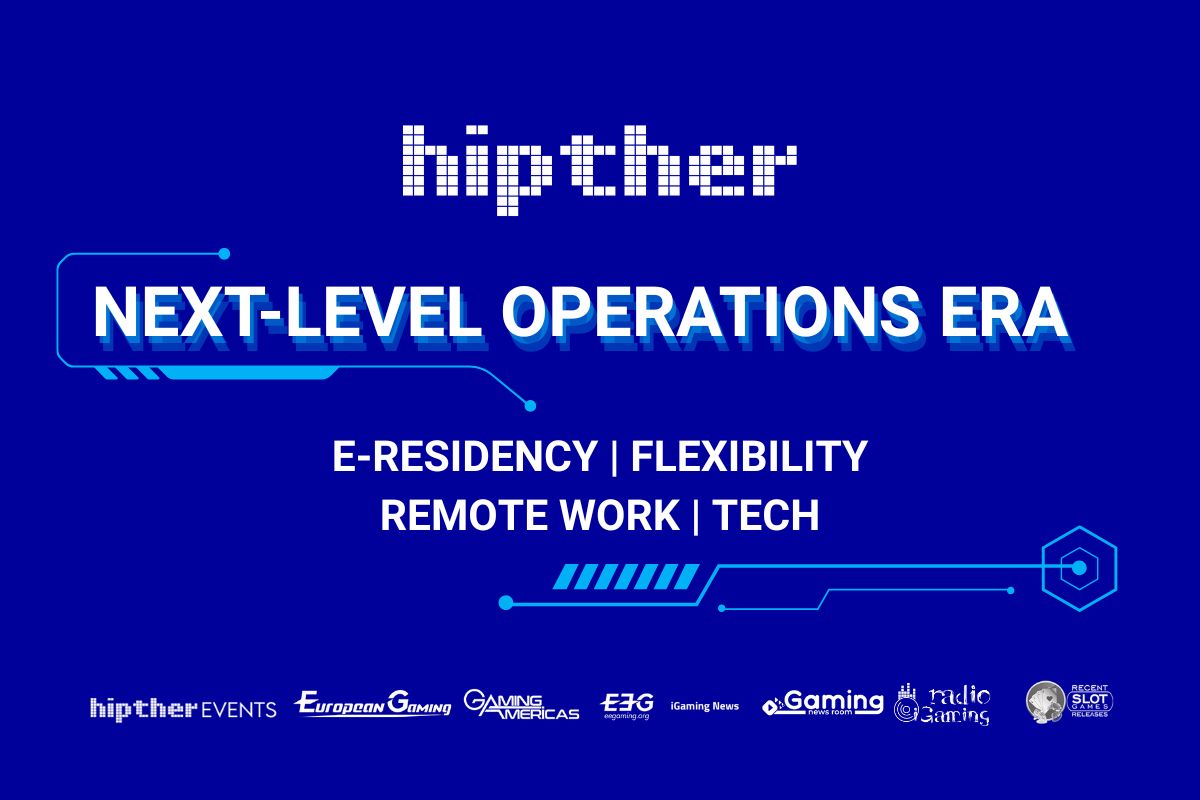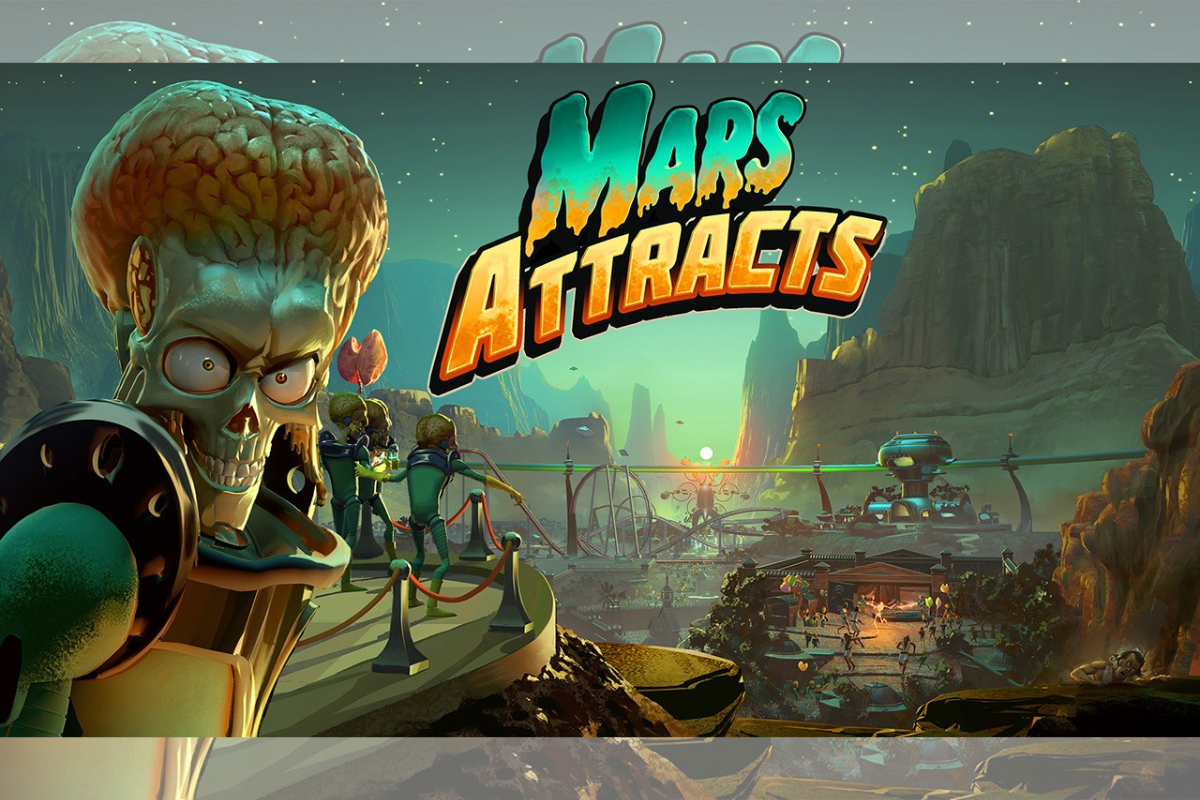Latest News
Dmitry Starostenkov: The Rise of AI in iGaming – Friend, Foe, or Industry Gamechanger?

Ahead of his guest speaker appearance at Hipther’s Gaming & TECH Summit in Prague, Dmitry Starostenkov, Chief Executive Officer at EvenBet Gaming, explores the evolution of AI, how it can be harnessed to enhance efficiency, and the way in which businesses can adapt to capitalise on its potential.
The evolution of artificial intelligence (AI) continues to have a significant impact on modern life, reshaping the way we interact with technology. Most iGaming companies have welcomed AI with open arms, leveraging its potential to optimise operational efficiency. While its power as a tool is undeniable, reservations remain as the future direction of the technology unfolds in front of our eyes.
Unlocking AI’s Potential
While adoption of the technology has been inherently positive, the rapid development of AI sophistication does present risks, and as a result, it has become increasingly important to introduce updated security measures that can mitigate potential misuse. For instance, AI bots within the online poker experience have become far trickier to identify, varying session length and game patterns, and even communicating via in-game chats, posing major financial and reputational risks to operators.
It would take a huge financial and time investment to have humans monitoring every player at every site for suspicious behaviour – it is simply not a viable option. Instead, a hybrid approach has emerged as the most effective method of counteracting bots. Machine-learning tools can be programmed to accurately spot unusual activity, which can then be escalated for humans to make the final decision on restrictive measures. This frees up resources and allows the experts to focus on complex issues, while AI tools complete the bulk of the data and gameplay pattern analysis.
The capacity of AI to process vast quantities of data quickly also makes it a valuable responsible gambling tool. It has proven effective not only in identifying harmful patterns but also in analysing gameplay to predict future problematic behaviour. However, this also requires consistent algorithm iteration, and failure to upgrade the tool can result in players being incorrectly flagged and restricted. AI should be utilised as part of a broader, comprehensive strategy, but an overreliance on the technology can generate as many problems as it solves.
Optimising White Label Solutions
AI can also be used to address the challenges of localising white label solutions to regional market preferences. The technology can be integrated to provide communication in the native language, delivering a more personalised experience, as well as tailoring content to align with unique player preferences, for example, adapting the type of card games available to suit the market demands. This ensures white label solutions can streamline their offering, retaining the speed to market and reduced start-up costs, while also diversifying the product to resonate with global markets.
AI is also increasingly becoming a staple part of customer service protocols, maximising efficiency and freeing up experienced employees to concentrate on more nuanced issues. It has been widely adopted as a first line of communication for operators as a result of its effectiveness in dealing with minor questions such as how to make a withdrawal or what payment options are available. Again, it is crucial to avoid overreliance on the technology. When a complex situation arises, humans should still be in place to solve these issues and ensure the customer has the best possible experience. An overdependence on AI can also cause serious concerns if the technology falters, potentially leading to a lack of first-line customer support and leaving players frustrated.
Adapting to the AI Explosion
Artificial intelligence can no longer be overlooked and disregarded as a fad. It has been integrated into numerous aspects of day-to-day life, and those companies that are unable to adapt risk losing out to more agile competitors. It is now about adjusting the way we view AI and transforming our approach to best facilitate its use. Rather than completely replacing the human workforce, job roles are likely to evolve alongside the technology – it won’t be long until tech engineers are hired as AI trainers and strategists to refine algorithms and work out how best to implement them. Human expertise will always be necessary to oversee operations and ensure ethical AI use, but by leveraging the technology to automate routine tasks and help tailor solutions, we can alleviate employee workload, allowing them to focus on more strategic and complex assignments that drive a business toward its commercial goals.
-

 Latest News6 days ago
Latest News6 days agoPIN-UP Global Transforms into the RedCore Business Group
-

 Asia6 days ago
Asia6 days agoNew Indian Law Aims to Curb Online Money Gambling Sector, Prohibits Related Advertising
-

 Asia6 days ago
Asia6 days agoChicken Road Game Launches in India, Expands Mobile Gaming Catalogue
-

 Latest News6 days ago
Latest News6 days agoSOFTSWISS Wins Best Game Aggregator Award in Latin America
-

 Balkans6 days ago
Balkans6 days agoELA Games Partners With Superbet to Expand Offerings in Serbia
-

 Compliance Updates6 days ago
Compliance Updates6 days agoRomania Blocks 30 Unlicensed Gambling Websites
-

 Asia5 days ago
Asia5 days agoNational Sports Day: Why it’s time to see esports as a key pillar of India’s new-age sporting identity
-

 Latest News6 days ago
Latest News6 days agoOG of fast cars drops in games: Porsche adopts in-car gaming with AirConsole





























